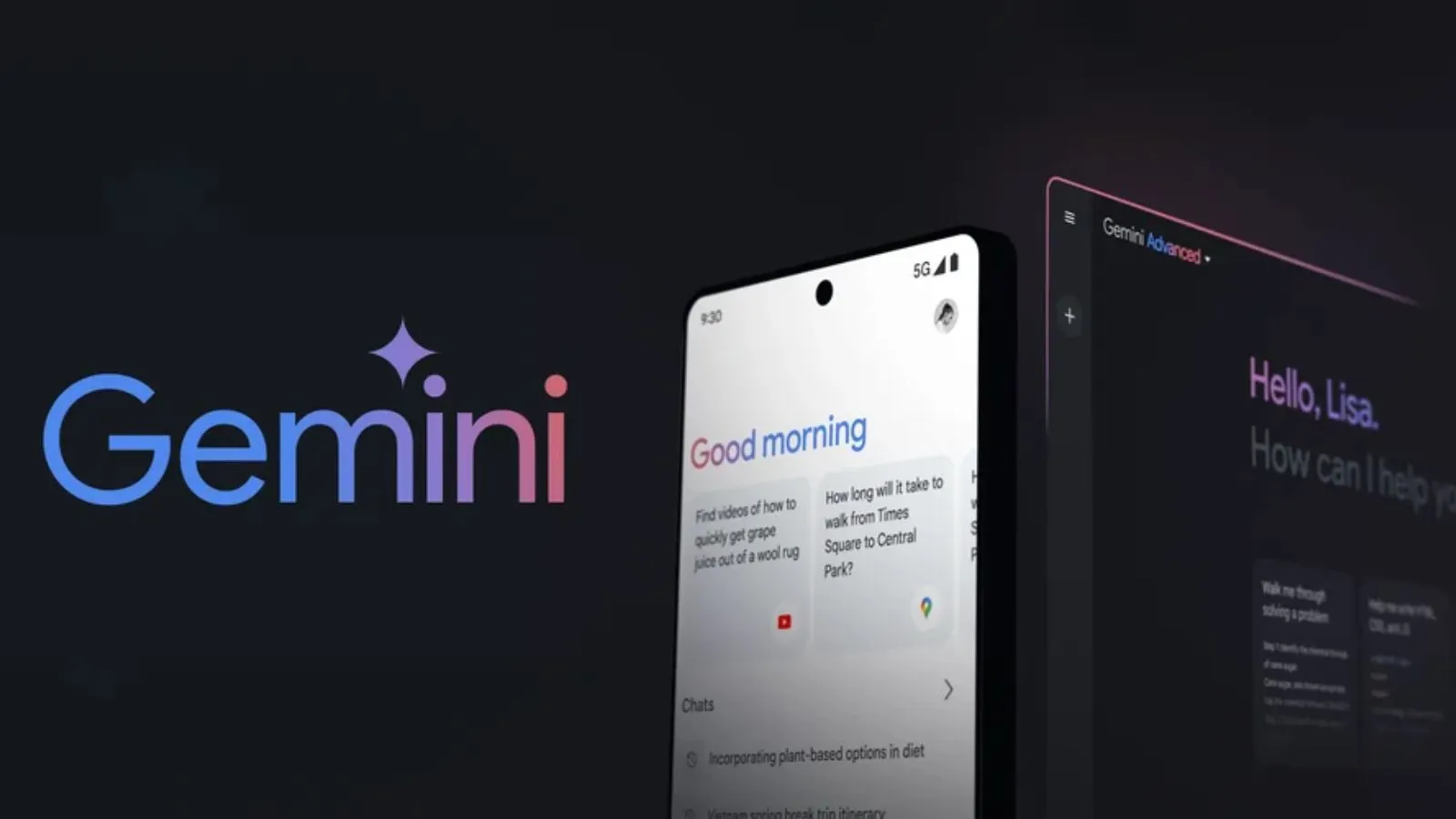In the rapidly evolving landscape of automotive technology, Android Auto has been a significant player, integrating smartphone functionality with vehicle infotainment systems. Despite this advancement, Google’s generative AI tool, Gemini, remains conspicuously absent from the Android Auto lineup, prompting questions about its integration and availability.
Understanding Gemini’s Role and Features
Google Gemini represents a leap forward in AI capabilities, designed to enhance user interaction with devices by understanding context and enabling more intuitive digital experiences. It’s already making its mark on platforms like Android by allowing users to interact with multimedia content in novel ways, such as generating images or summarizing texts directly from videos and PDFs.
Android Auto’s Current Capabilities
As of the latest updates, Android Auto has improved its functionality with features that minimize driver distraction. For instance, it can now summarize texts and suggest responses, which helps drivers maintain focus on the road. These updates show Google’s commitment to enhancing user safety and convenience through technology.
The Hurdles to Gemini Integration
The integration of an AI as sophisticated as Gemini into Android Auto presents several challenges:
- User Safety: The primary concern with any automotive technology is safety. Integrating an AI tool that processes a large volume of information might introduce complexities that could potentially distract drivers, contrary to the very ethos of Android Auto.
- Complexity of Automotive Systems: Vehicles are not just about software; they involve intricate combinations of hardware and software that must meet rigorous reliability and safety standards. Integrating Gemini requires ensuring that it can operate seamlessly within these systems without affecting vehicle performance.
- Regulatory and Privacy Concerns: With increasing scrutiny on data privacy and security, particularly with AI systems that learn from user data, Google has to navigate a labyrinth of regulatory requirements before Gemini can be rolled out on a platform like Android Auto.
Google’s Steps Towards Integration
Despite these challenges, Google is actively working to enhance its suite of automotive applications. Recent updates at tech conferences reveal ongoing efforts to integrate more AI-driven features, which might soon pave the way for Gemini’s inclusion in Android Auto. This includes developing more intuitive navigation tools, real-time vehicle diagnostics, and enhanced media capabilities that could benefit from Gemini’s AI.
While Gemini’s absence in Android Auto might seem like a missed opportunity, it underscores the careful balance Google must maintain between innovation and safety. As AI technology evolves and adapts to automotive standards, it’s likely only a matter of time before Gemini becomes a core component of Android Auto, transforming how we interact with our vehicles.



















